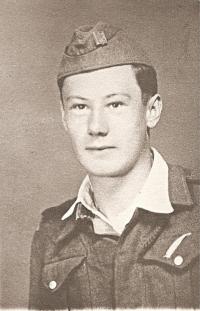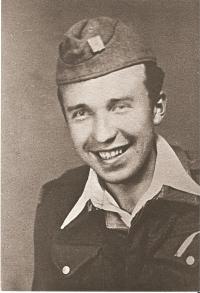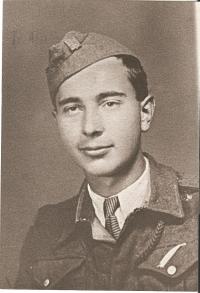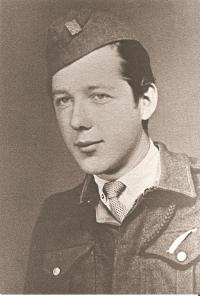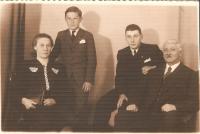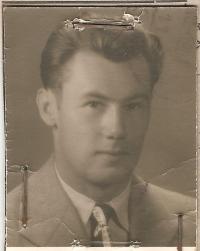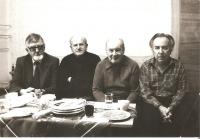All you’re left with in difficult moments is your faith
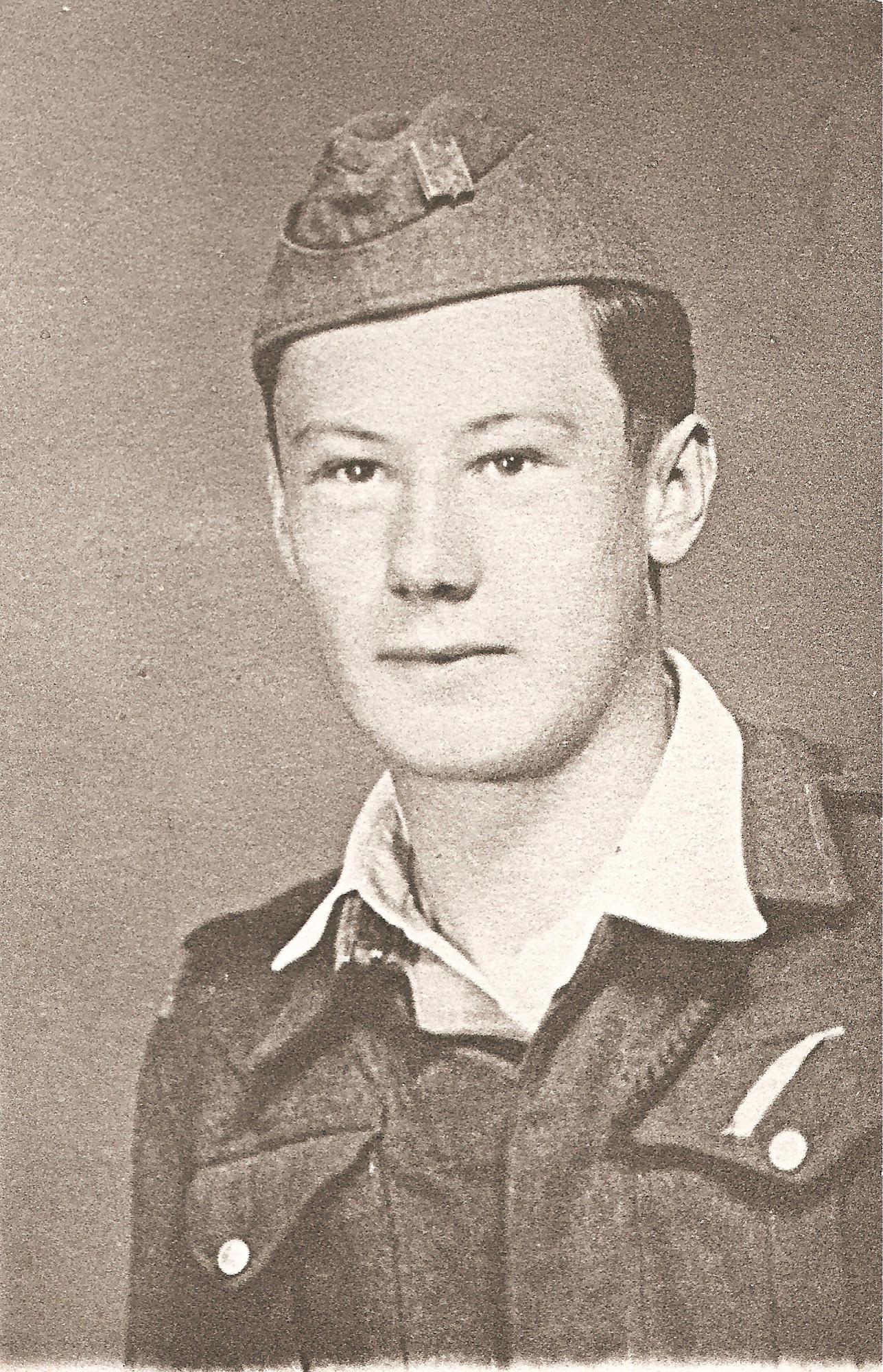
Stáhnout obrázek
Rudolf Rudolf was born in 1928 in an old mill in the settlement of Spálený rybník (Burnt Pond) near the village of Srbeč, Rakovník District. The family lived in Louny. The witness‘s childhood memories are of work in his father‘s bakery and at his uncle‘s farm in his birthplace. This hardened young Rudolf and prepared him to better endure the difficult times after 1948. When the Communists came to power in Czechoslovakia, young Rudolf Rudolf and his friends founded the resistance group Sága. Together, they wrote up and distributed anti-state leaflets and secretly pasted up posters highlighting the non-standard way the Communist Party came to power. Due to their activities in the local Defence Union, they had access to weapons, and they even planned an armed attack on the regional congress of Communist representatives. However, this never happened, the group was discovered by State Security. Rudolf Rudolf was arrested in November 1948, and on 28 February 1949 he and the other members of the group were stood on trial. Due to his youth his prison sentence was halved. But even so he spent a total of four years in Communist prisons and labour camps. He did forced labour in coal mines in Jiřetín, Libkovice, and in uranium mines in Horní Slavkov. He now lives in Karlovy Vary.
